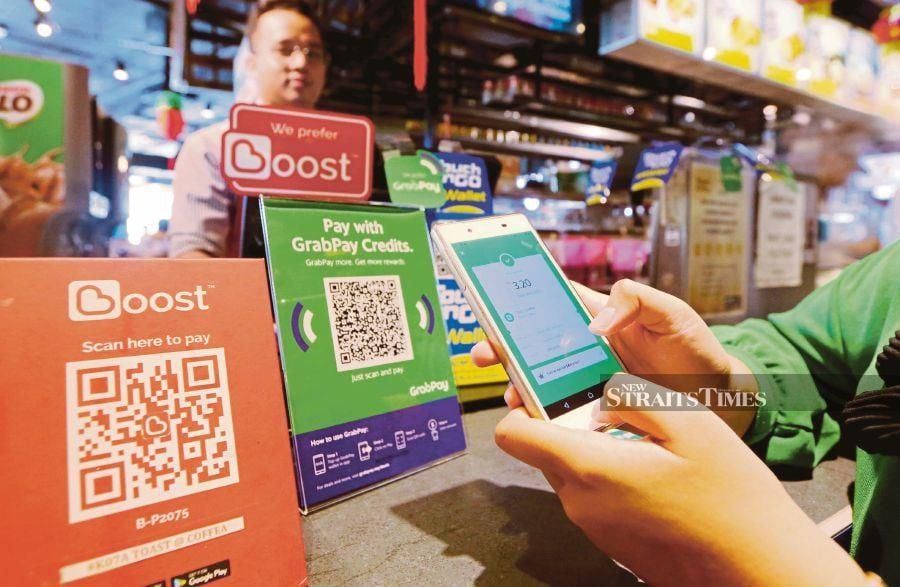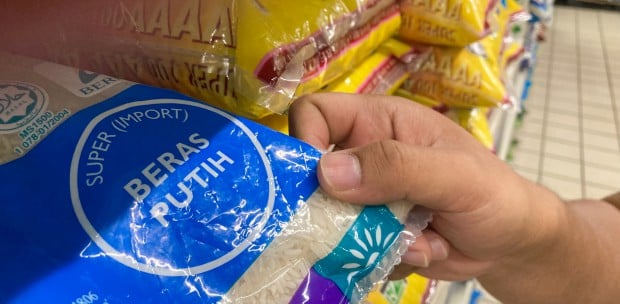Economist Prof Geoffrey Williams has criticized the newly announced RM100 e-Tunai credit aid by Prime Minister Datuk Seri Anwar Ibrahim meant for all adults earning RM100,000 and below annually.
"There is no economic justification to hand out RM100 to 10 million people nor for RM300 for civil servants or RM200 for pensioners," he said.
"The handouts will have no economic impact on the economy as a whole nor for individuals. Fortunately the handouts will not cost a great deal either."
Earlier today, the PM laid out his plans and steps to rebuild and position Malaysia among the 30 largest world economies in less than 10 years when he unveiled the country's economic framework for the decade, "Madani Economy: Empowering the People".
Anwar said the main focus of the framework is to restructure the country's economy to make Malaysia an economic leader in Asia which spillover will help improve the quality of the livelihood and welfare of the people.
At the same event, Anwar also announced other schemes to help the rakyat with the increasing cost of living. Among them include disbursing RM300 in special aid dubbed as the Bantuan Khas Perhargaan to civil servants and pensioners as recognition for their contribution towards the development of the country's economic growth.
A similar aid of RM200 for various categories of government pensioners and current retirees was also announced. This group would include pension recipients issued under the pension law, Employee Provident Fund (EPF) contributors who retire from public service, as well as pensionable and non-pensionable veterans.
However, given the timing of the announcement, Williams, who is provost at Malaysia University of Science and Technology, said that "it has to be viewed in a different context either as a well-meaning gift or as a pre-election incentive."
"It can also be viewed as a further push to get people to adopt e-payments in preference to cash or to get deeper registration of e-wallets so that future cash handouts can be distributed through this process.
"This is worrying because a cashless society poses very many threats to the economy and pushing e-wallets makes money for the e-commerce providers both for the infrastructure and for the fees on every transaction," Williams added.





